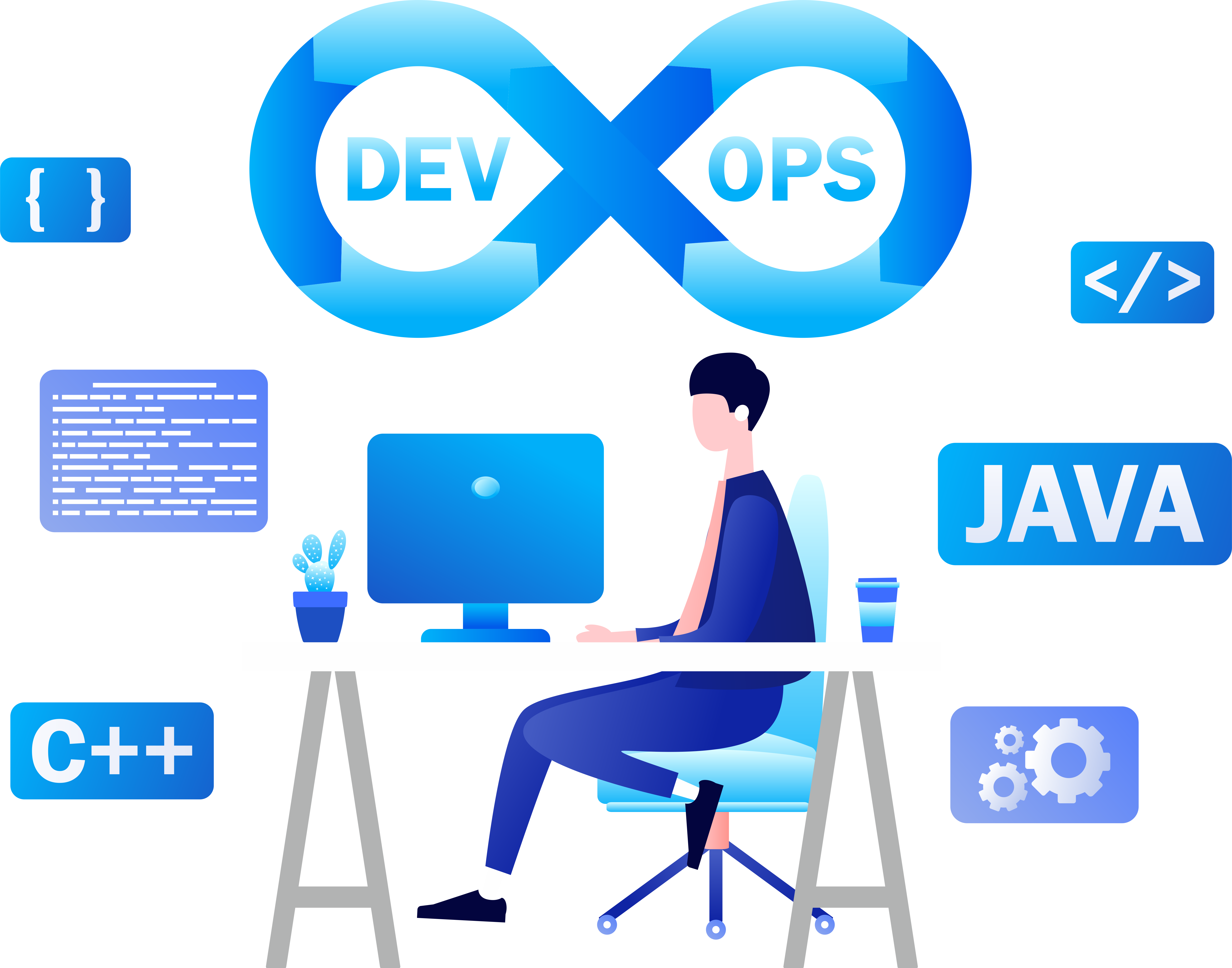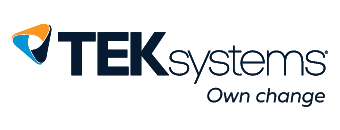DevOps
Your software development lifecycle will be streamlined and have a dynamic interface. Dive in today to experience it.
Your software development lifecycle will be streamlined and have a dynamic interface. Dive in today to experience it.



Sit back and relax while we take care of all your software needs. You can have a look at our process and make a decision to empower your organization.
These are the following Deployment and Operations:
In this fast phased and technology driven world, be the one to beat the race with our expertise.

Get all the updates to your software needs and focus on your business expansion. Updates once live are tested and stable.
Monitoring continuously for identifying any gaps in the developmental sections and eliminating them through various strategies and methodologies.
We encourage our engineers to embrace improvements. Our team is ready to seek out new techniques, best practices and new tools in order to achieve the goal.

With 17+ years of Experience, We Offer A Wide Range Of Customized High-Quality Research-Based Talent Consulting Services.

Our engineers facilitate collaboration between development, operations, and other cross-functional
teams. They break down silos and encourage communication and knowledge sharing among team
members.

The process begins with planning and requirement gathering. This involves understanding the
business needs, defining project goals, and breaking down requirements into manageable tasks.
A person with experience in both software development and IT operations is known as a DevOps engineer. By adopting automation, continuous integration/continuous delivery (CI/CD) processes, and bridging the gap between development and operations teams, they concentrate on developing a collaborative and effective environment.
DevOps engineers demand a blend of technical and soft abilities. Technical abilities include mastery of scripting and programming languages, familiarity with networking and operating systems, as well as knowledge of CI/CD procedures and cloud computing platforms. Soft skills like collaboration, adaptability, communication, and problem-solving are also crucial.
Organizations can gain many advantages from implementing DevOps practises, including quicker software releases, enhanced team collaboration and communication, improved system stability and reliability, increased scalability and flexibility, cost reduction, and a culture of ongoing innovation and improvement.
Depending on the business and the needs of the project, DevOps engineers use a number of tools and technologies. Some common tools are containerization platforms like Docker or Kubernetes, version control systems like Git, automation tools like Jenkins or CircleCI, infrastructure provisioning tools like Terraform or Ansible, and monitoring/logging tools like Prometheus or ELK Stack.
With a focus on teamwork and automation throughout the software development lifecycle, DevOps offers a shift-left methodology. It promotes techniques like automated testing, infrastructure as code, and continuous integration and delivery. These procedures reduce mistakes, simplify deployments, and speed up feedback loops, which results in higher-quality software and shorter time-to-market.
By automating infrastructure provisioning, managing configurations, and optimising resource usage, DevOps engineers play a crucial part in utilising cloud environments. They develop scalable and robust architectures in collaboration with cloud service providers like Amazon Web Services (AWS), Microsoft Azure, or Google Cloud Platform (GCP), assuring effective and trustworthy deployments..
The DevOps idea, which incorporates security measures into the software development and deployment processes, is promoted by DevOps. In order to integrate security measures like code scanning, vulnerability analyses, and access control into CI/CD pipelines, DevOps engineers work with security teams. This guarantees that security is a priority throughout the development process
rather than being an afterthought.
By routinely analysing procedures, resources, and performance indicators, DevOps engineers promote a culture of continuous improvement. They elicit feedback from stakeholders, keep an eye on system behaviour, and spot opportunities for innovation and optimization. DevOps engineers keep abreast of cutting-edge technology and best practises in the market, fostering continuous improvement and ensuring the firm maintains its competitiveness.

Vp-Operations


























